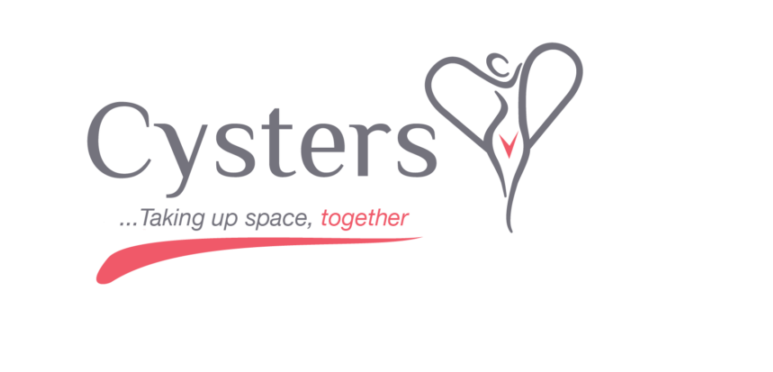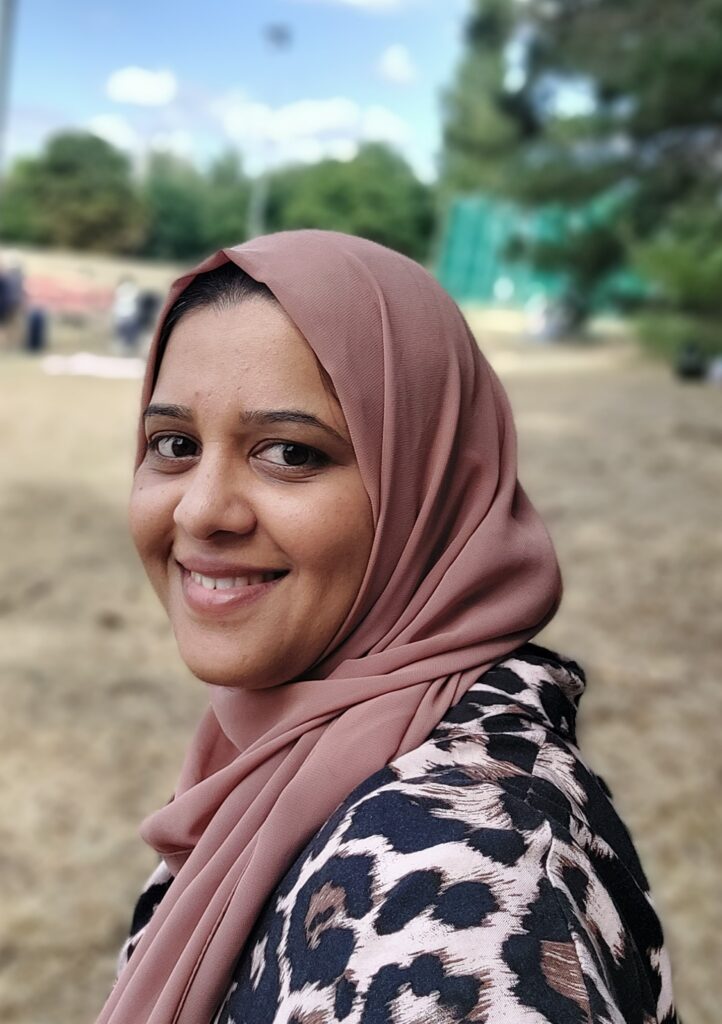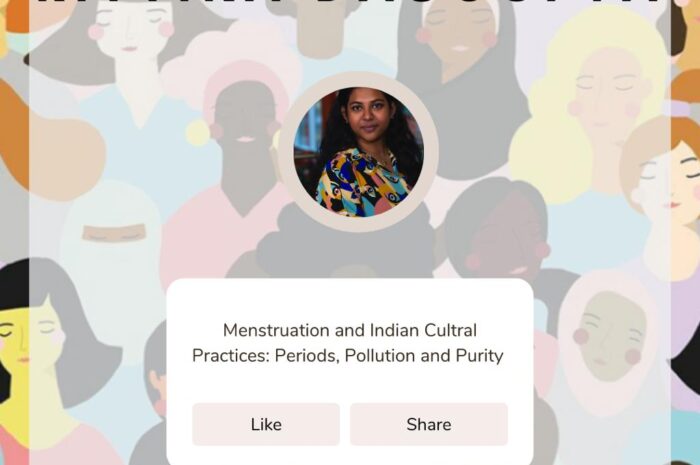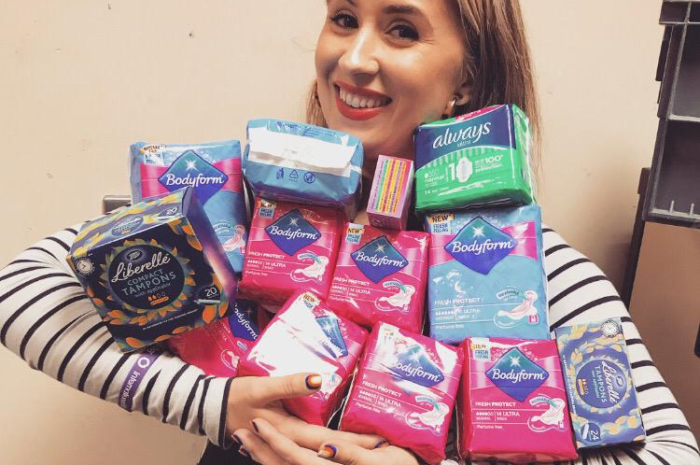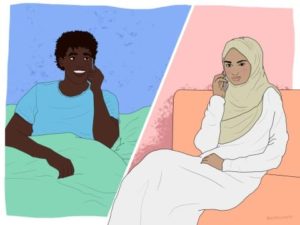
Fasting during the month of Ramadan is one of the pillars of the Islamic faith. During the month of Ramadan, Muslims abstain from all food and all drink from sunset to sunrise for 29-30 consecutive days. From a young age, I’ve watched my parents and community engage in fasting during Ramadan. I watched my parents wake up before sunrise for an early breakfast, getting ready for a day of fasting. Opening the fast after sunset was always a pleasant and enjoyable time.
Having lived in an extended family surrounded by uncles and aunties, the evening meal was a time where the children would go around from house to house sharing the cakes and special meals that have been prepared for the opening of a fast that day. I remember participating in the fast in my own way as a child, as many other children do. I would wake up for the early breakfast along with my parents, go back to sleep and have my usual breakfast upon waking up or a bit later around noon, or whenever I wished. This is the common way of introducing children to the practice of fasting and known as of the Little Fast for children.
During the month of Ramadan, there is the usual question that Muslims ask each other- how is your fast going? This is usually followed by a lengthy comparison of this year’s fasting compared to previous years of fasting, along with a detailed discussion of the meals being prepared for opening the fast in the evening. Having been chronically unwell for the past many years, fasting eventually became a practice that I could no longer engage in. I gradually became a stranger to this spiritual practice, and an outsider watching everyone fasting joyfully around me.
Even conversations during this month felt loaded and heavy, as I felt the need to skirt around the topic to avoid answering the usual question: How is your fast going today? In Islam, individuals who are unwell are not required to fast. When it comes to illnesses that are visible for instance, someone suffering from an acute bout a fever, flu or cough, it is easier to justify not engaging in the fast. However, this feels harder when invisible conditions such as chronic pain are involved. Over the years, the easier approach had been to skirt around the topic and allow people to assume that I am fasting. The challenges during this month extend beyond the practice of fasting. This month is not only about fasting, but about dedicating oneself to prayers and connection with God Almighty. Thus, Muslims would turn up in droves in the mosque, wake up during the night for hours of prayers and lengthy recitation of the holy scripture.
As a person who battles chronic pain daily, these are my main takeaways from this month of fasting:
Balancing the needs of a chronically unwell physical body and the needs of the spiritual body, the soul, is a huge challenge. There’s a fine balance that needs to be maintained so that we can benefit from the blessings of this month while at the same time caring for the physical body. And this is a balance that can easily tip into a sudden worsening of illness and pain symptoms if caution is not exercised. This year I managed to fast on and off, leaving one or more days in between every fast to recover. Hunger and tiredness tend to trigger headaches and severe fatigue for me. Therefore, during this month, it’s been essential for me to develop a deep self-awareness of when I am over extending myself and pushing my body too much as there is always this desire to try a little harder and do more. A desire that can easily lead to a pain flare and complete crash. Managing my own expectations regarding what my body can achieve and endure has truly been my greatest struggle this month.
Managing the expectations of others is also part of the challenge that women with chronic illnesses face during this month. I remember being asked to help out at the mosque and having to refuse with my heart filled with guilt because I wouldn’t have been able to handle the task assigned to me. As time goes by, informing people that there are certain tasks that I cannot manage has become easier as I am more open with sharing my health journey. Thus, building a supportive community around myself has been essential so I can keep involved in my faith community.
Another strange challenge that I have faced, not only during this month but on an ongoing basis is the difficulty in engaging in the daily prayers in the mosque. The Islamic prayer involves going through a series of postures which includes bending down and prostrating oneself, something that has become impossible for me due to chronic pain and numbness in the legs. Islam, being an extremely flexible faith provides solutions for such circumstances and Muslims are allowed to pray sitting down or even lying down on the bed without any movement. Despite this, I have found it quite embarrassing in the past to find myself seated among the elderly during prayer time. I am fortunate in that one has ever made any kind of unkind comment regarding my need for a chair. However, I have sometimes been asked to move from the chair to make space for the elderly when the gathering is full. And I am aware that there are many other women whose health conditions are not visible, who have been made to feel guilty for taking up a chair. My way of getting around this situation has been to carry my camping chair with me when I expect gatherings to be full.
These are only some of the challenges that I have faced during this month. And I know that there are many other women facing prejudice and negativity from their faith communities because of their invisible health conditions. My message to you if you are facing such negativity is to start rebuilding your inner confidence, with the knowledge that this chronic illness is none of your fault and you did not do anything to deserve it. Irrespective of your physical challenges and limitations, you deserve to be treated kindly and compassionately. Start treating yourself with compassion, learn to manage your own expectations and communicate your boundaries and limitations to others around you. That’s how you can make the most out of your life despite living with a chronic health condition.
Shabnam Rakhiba, Life Coach & Chronic Illness Mentor
www.thornsandrosescoaching.com
Facebook: Shabnam Rakhiba
Facebook Group: Unapologetic Women Collective: Chronic illness support
Instagram: Shabnam_Rakhiba
